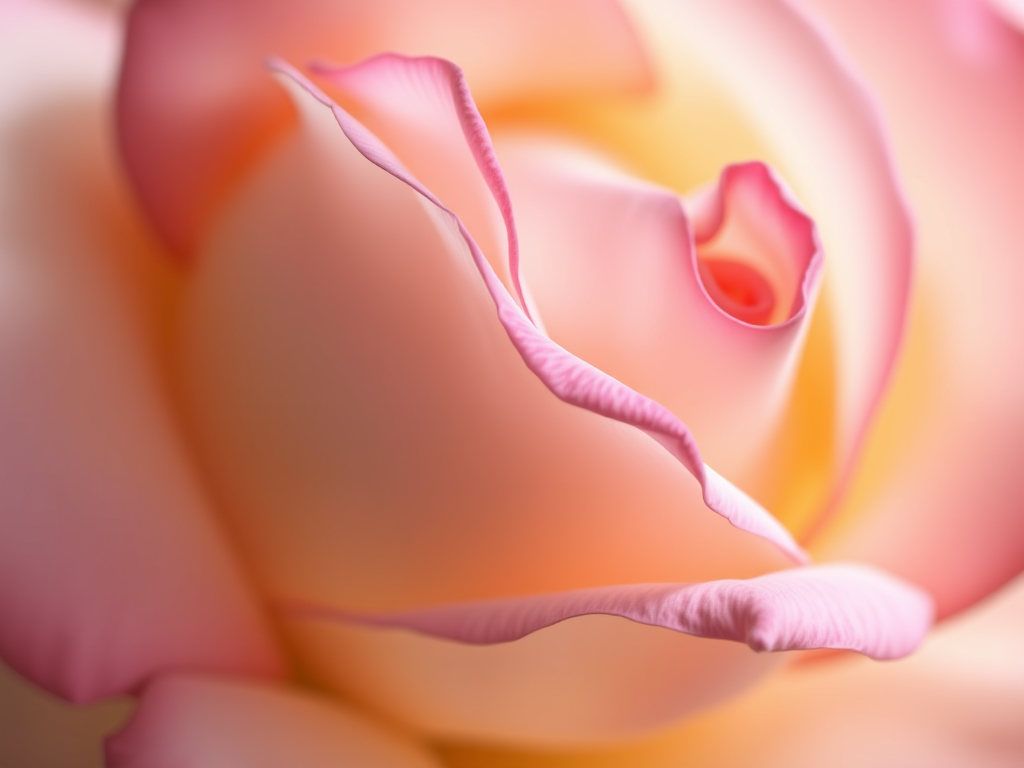
As surely as a rose reveals velvet soft petals and heavenly fragrance, Shirley reminded me of it’s rather nasty thorns. In the world of surely, Shirley held her ground with solid stance and determination, unyielding to the ideas of others. Meaning me.
Surely, I knew Shirley was annoyed and probably hated me by the time I’d submitted my dissertation regarding the necessity of a name change. It’s not as if she’d been christened with a name she would most likely spend her whole life defending. Right?
A few examples:
Page 1. The time in sixth grade when Robby Grafton proclaimed loud and clear, “surely, you’re a sure thing, Shirley!” From that moment on, you’ve been referred to as, “sure thing, Shirley.” That right there should be enough.
Page 2. The entirely dreadful memory in sixth grade gym class when Mrs. Strand couldn’t stop herself with, “surely you can climb that rope, Shirley! Surely, you can’t give up with a name like, “Shirley!” “Surely you can do it, Shirley!” the whole class chanted.
Page 3. “It’s a sure thing cuz we’ve got Shirley on our team!” “That’s right! Sure thing Shirley!”
Page 25. High School. Your own mom saying, “surely you don’t intend to eat all of that, now do you Shirley?” And, “surely you don’t intend on wearing that out of the house, now do you Shirley?”
Page 27. High School Graduation. “Congratulations, Shirley. You are sure to do well in life.” And, “Surely, you plan to go on to further your education. Surely, Shirley has exciting plans – right, Shirley?”
Page 79. You’re mom to me: “surely you could suggest Shirley do something about that freshman fifteen. It’ll surely get away from her if she’s not careful!”
In the bad name of bad names category, who’d ever thought a simple name like Shirley could pack such a huge trunk of emotional baggage.
Hours later she finished reading the highlights of her life. It was her twenty-first birthday. Her mother had actually said to me, “surely you’ll stay for a piece of Shirley’s birthday cake, won’t you? It’s fat free!”
Shirley smiled at me and heaved a heavy sigh. “You’re right. It’s time,” she said. “Surely, there are few who happily skip through an entire lifetime with the name “Shirley.”
The paper work took three months. Shirley invited her close friends and a few family members to a “new name revealing” party. The name was written on a large sign hidden under a curtain. Champagne was poured. Glasses were raised. The curtain was snapped away. The new name Shirley had chosen for the rest of her life was revealed.
Grace. It took about five seconds for her to become Racie Gracie.
Some people just can’t win.
Later,
Mary Ann

